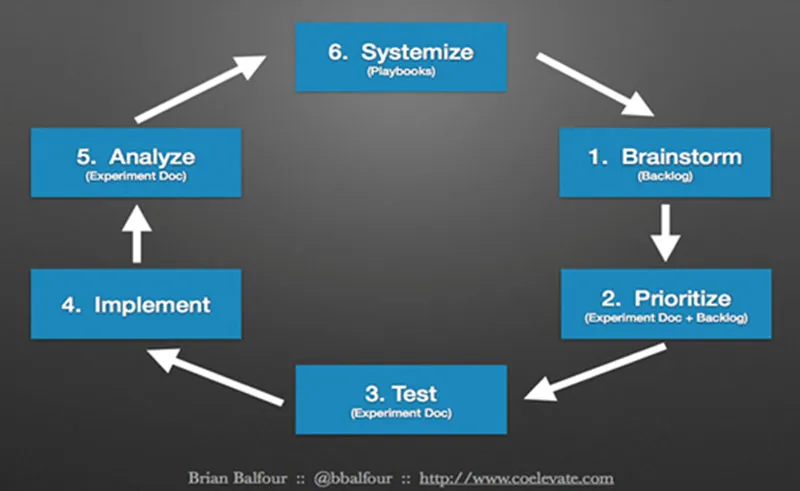Does your startup need a growth hacker?
The worldis getting faster and faster paced in every which way. In order to be successful, every business must strive hard to match or exceed its environment’s pace. Thus, many startups evolve and continuously formulate tools, technology, processes and techniques, in order to get things done more easily and faster.

Why growth hacking?
Stuck in finding the right candidate with your recruitment process? Or having a hard time getting the right leads and prospects for your business?
A good example of growth hacking is Dropbox, and how it has evolved and achieved success in the market - they offered free extra space to those who refer and are referred. This move, offering something that everybody loves, free stuff, helped them effortlessly acquire new customers.
We have formulated rules and prerequisites which guide us in doing things easily yet with accuracy.
Mantra/Culture:
Stay hungry, stay grounded.
We believe that staying hungry makes and keeps us highly motivated, resourceful, and determined. Staying grounded also keeps us alive.Never be complacent and look for ways to continuously improve.
Growth hacking is not about the tactics. It is about the people and the process.
According to Sean Ellis, growth hacking is experiment-driven marketing done by people who don't need help or permission to get things done. It is for the people whose strive is to continuously grow. It is for people whose tactics and ideas evolve.It is all about “who is responsible for growing a company and how they go about it.”
People
Traditional marketing people are non-technical,and rely on the ideas of designers, developers and data scientists.
On the other hand, growth hackers are themselves equipped with lots of ideas and techniques. They execute the business from start to finish.
A good question to ask a growth hacker is, “After you come up with an idea for an experiment, what part are you going to play in making it happen?”
How far can someone go without putting items on someone else’s to-do list?
Below is an example on how things can be easily executed.

In the early ‘00s, marketing teams were rarely ever well-versed in the technical aspects. It is different nowadays;every marketer needs to possess some technical knowledge. Designer-developers are now everywhere. These people are every bit as powerful on growth teams as they are on product teams. So if you can find people who can write code and make things look pretty, snatch them up immediately! They are not only indemand, but are also very rare.
Process
When traditional marketing teams operate like growth teams, in terms of using the same channels (content marketing, SEM, email marketing etc.), one may need to consider what actions to take, when to take them and how much money to spend.
Growth hacking is like a scientist who runs different experiments, obtaining results through analysis and iterating quickly.This requires:
- A method for running experiments
- A system for tracking and reporting
Test/Measure/Repeat
A former microsoft employee revealed a simple theory on how things are being measured. And since some users wanted to see an immediate result, we adapted KISSmetrics (keep it short and simple), which is believed to be very effective.

Growth hacking was formulated to get things done more easilyand faster, with the use of the technology and new ideas.It will surely make a business successful. Feel free to use these techniques, and never be afraid to conduct your own experiments.
Signs/reasons your company needs to hire a growth hacker:
- To scale up operations
- Monetization
- Process improvements - templates, checklists
- To reduce customer acquisition cost
- To gain access to new markets, user research, product launches, content, and PR
- Automate/improve the sales side of business
- Product improvements - feature addition/deletions
- Growth – acquisitions and mergers
- Channels, alliances and partners - build on the ecosystem.
About the Author:
Nikhil John is a growth hacker with more than three years of experience in consultancy and growth hacking for startups.







